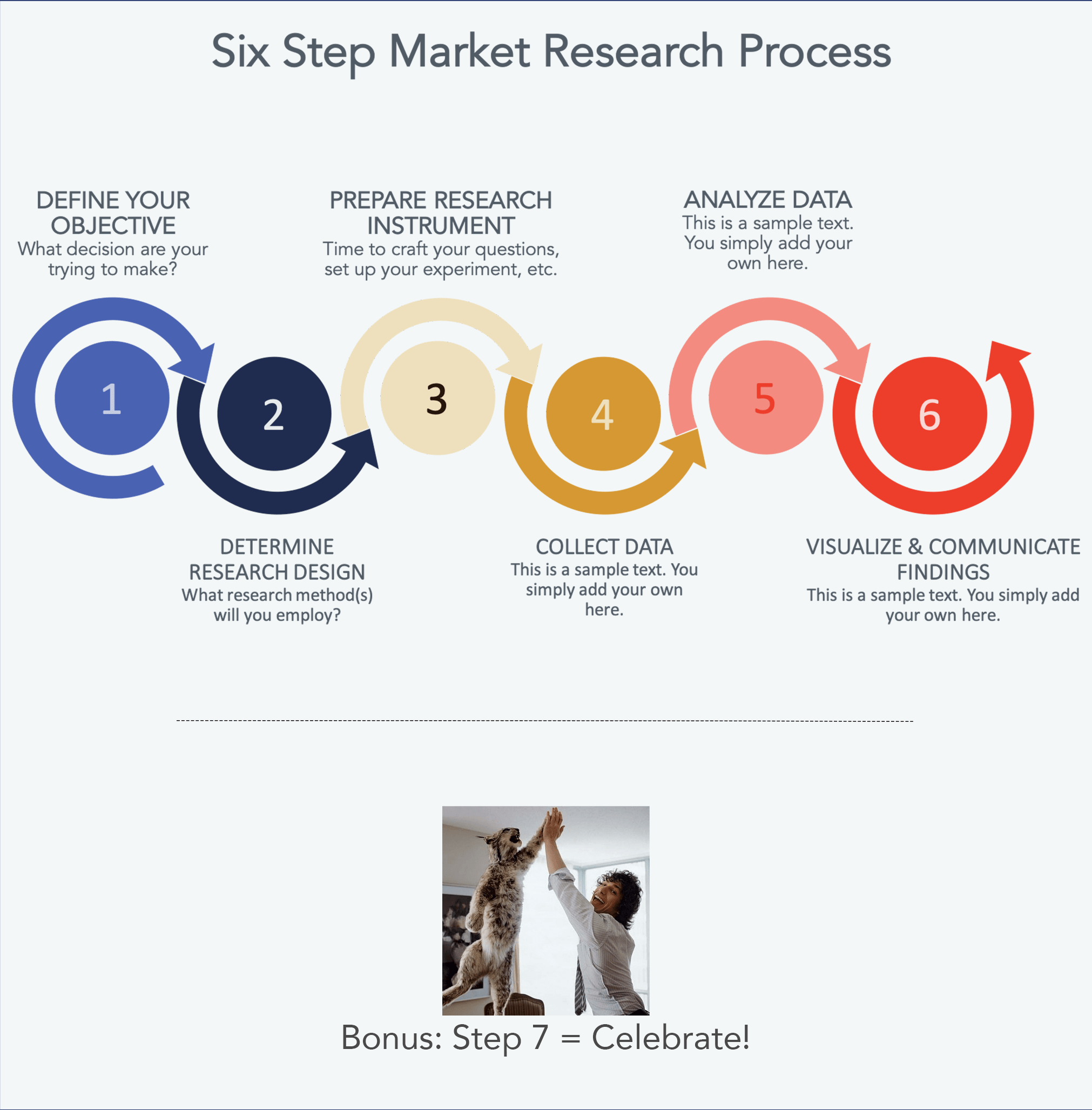In today’s competitive tech industry, having a strong brand strategy is essential for standing out from the competition. Without a well-defined brand strategy, your company may struggle to attract customers, differentiate yourself from competitors, and build a loyal following. That’s where market research comes in.
Why Market Research is Important
Market research is the process of gathering and analyzing data about your target market, competitors, and industry trends. By conducting thorough market research, you can gain valuable insights that will help you make informed decisions about your brand strategy. This includes understanding your target audience’s needs and preferences, identifying gaps in the market, and assessing your competitors’ strengths and weaknesses.
Identifying Your Target Audience
One of the first steps in defining your brand strategy is identifying your target audience. Market research can help you understand who your customers are, what they care about, and where they spend their time online. By developing detailed buyer personas based on market research, you can tailor your messaging and positioning to resonate with your target audience.
Conducting Market Surveys
One effective way to gather data about your target audience is by conducting market surveys. Surveys can help you collect information about your customers’ demographics, preferences, and behaviors. You can use online survey tools like SurveyMonkey or Google Forms to create and distribute surveys to your target audience. By analyzing survey responses, you can identify patterns and trends that will inform your brand strategy.
Monitoring Social Media Trends
Another valuable source of market research data is social media. By monitoring social media platforms like Twitter, Facebook, and Instagram, you can gain insights into what topics are trending in your industry, how customers are talking about your brand, and what competitors are up to. Tools like Hootsuite and Sprout Social can help you track social media mentions and sentiment around your brand.
Assessing Competitor Strategies
In addition to understanding your target audience, market research can also help you assess your competitors’ strategies. By analyzing your competitors’ branding, messaging, and positioning, you can identify opportunities to differentiate yourself and carve out a unique niche in the market. Tools like SEMrush and Ahrefs can help you conduct competitor analysis and identify keywords and strategies that are working for your competitors.
SWOT Analysis
One common framework for assessing your competitive landscape is the SWOT analysis. SWOT stands for Strengths, Weaknesses, Opportunities, and Threats. By conducting a SWOT analysis of your competitors, you can identify areas where you have a competitive advantage and areas where you need to improve. This analysis can help you refine your brand strategy and capitalize on opportunities in the market.
Developing Your Brand Positioning
Armed with data from market research, you can now start developing your brand positioning. Your brand positioning is how you want your target audience to perceive your brand relative to competitors. This includes your brand’s unique value proposition, key messaging points, and brand voice. By aligning your brand positioning with the insights gathered from market research, you can create a compelling and differentiated brand that resonates with your target audience.
A/B Testing
Once you’ve developed your brand positioning, consider conducting A/B testing to refine your messaging and positioning. A/B testing involves creating two versions of a piece of content or marketing campaign and testing them against each other to see which performs better. By testing different messaging and positioning with your target audience, you can optimize your brand strategy for maximum impact.
Conclusion
In conclusion, market research is a crucial step in defining your brand strategy in the tech industry. By understanding your target audience, assessing your competitors, and developing a compelling brand positioning, you can create a brand that stands out in a crowded market. Incorporate market research into your branding process to ensure that your brand strategy is rooted in data and resonates with your target audience.
